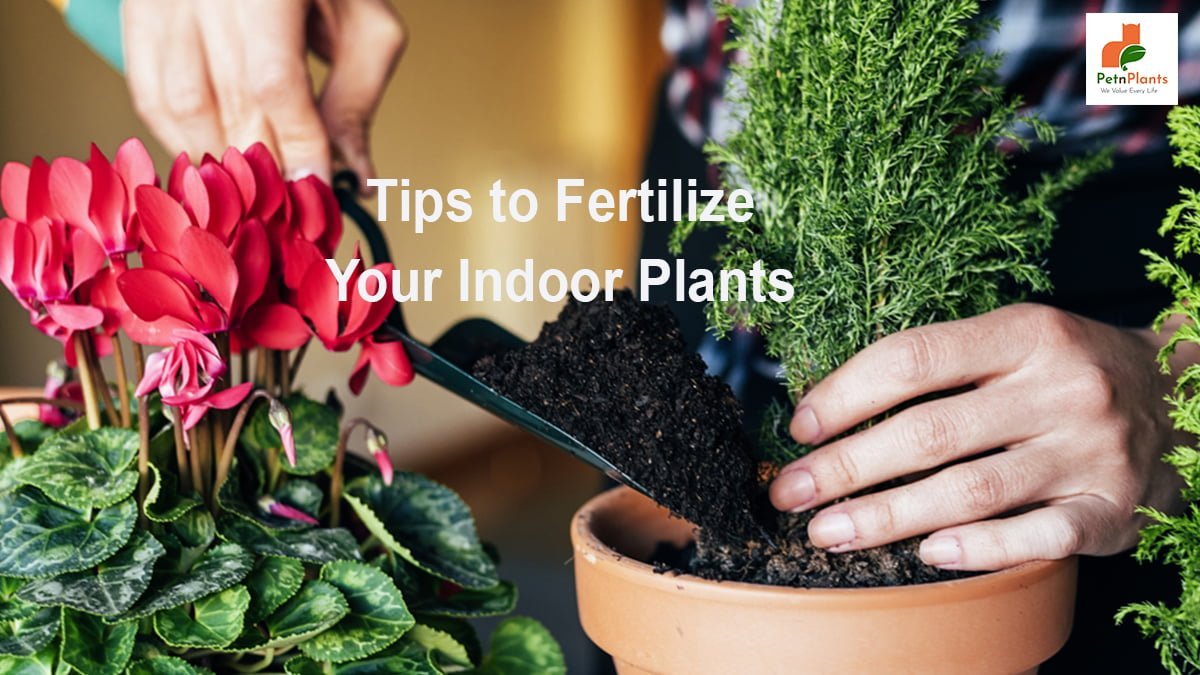Latest
Pets
Plants
How Indoor Plants Can Affect Pet Behavior, Stress & HealthJanuary 12, 2026
We Value Every Life

Many people think that since they are indoor plants, you do not have to fertilize them. But this is not true. In fact, for house plants, the need for fertilizer is even more. Why is it so? Unlike the outdoor plants that spread their roots to greater distances to draw nutrients from the soil, the indoor plants’ can space out depending on the availability of the nutrients in the soil. So, supplemental feeding is crucial.
Deciding upon the right fertilizer is the first step to nurturing your plants. There are two categories of plants that can be used indoors, namely, slow-release fertilizers and liquid. Granules and sticks are undoubtedly convenient, but they do not offer adequate nutrients to the plant.

You must dilute the fertilizer with water and apply it when you water the plant. It is best to go through the instructions on the label. Following the manufacturing’s manual and instructions will ensure that the plants remain healthy and get adequate nutrients. For instance, nitrogen will help in the growth of foliage. With the help of phosphorous, blooms are healthier and bigger. Potassium encourages growth as well.
But make sure you know which plants require fertilizers regularly. One of the best uses of liquid fertilizers is that the nutrients are distributed evenly. But the drawback is that you must not miss giving the fertilizer.
The slow-releasing fertilizers are ideal for plants. They are available in time-release shells that are coated and effectively reach the soil when it is supposed to. They are available in the form of pellets with coatings of varying thickness and have differing dissolving rates.
With a single application, you can stay relaxed for at least six to nine months depending on the type of fertilizer you are using. But the only drawback of these fertilizers is that they are expensive and not everyone can afford the same.

The general-purpose fertilizers comprise the basic macro-nutrients that are required by the plants, which also include potassium, nitrogen, and phosphorus. And every macro-nutrient available has a specific role to play.
Go through these tips that will help you to choose the best plant fertilizer around.
0